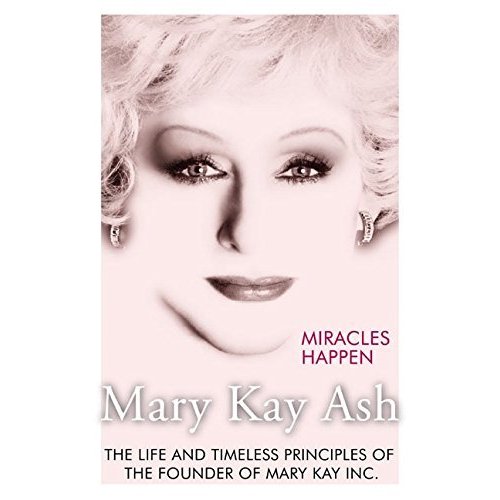Cancel, Cancel, Cancel! Thought Terminating Clichés in Mary Kay
Written by Lazy Gardens
We’ve made of fun of Kaybonics, the repetitive slogans, sayings and jargon that fills Mary Kay e-mails and speeches. But it’s not funny. In a high-control group like Mary Kay, Kaybonics serves a purpose: it gives the group something in common, sets the group apart from non-members, and most important for a high-control group, keeps the members from thinking too much. There is always a cliché or slogan to use in answer to a complex issue or difficult question.
“The group develops a jargon unique to itself, often non-understandable to outsiders. This jargon consists of numerous words and phrases which the members understand (or think they understand), but which really act to dull one’s ability to engage in critical thinking. It is actually made up of thought-terminating clichés. The most far-reaching and complex of human problems are compressed into brief, definitive-sounding phrases, easily memorized and easily expressed. Thought-provoking complexities are bypassed and ultimate truth is expressed in a single phrase or even a word.”
Dr. Robert J. Lifton, Thought Reform and the Psychology of Totalism, 1961.
A thought terminating cliché dismisses a problem with a simplistic answer, ending discussions, blocking questions, stopping thinking. Such clichés are easily memorized and easily used. They are sometimes called the “language of non-thought,” because that train of thought is derailed or blocked by the simplistic answer.
The complex economics of inventory control and the critical act of balancing supply and demand in your marketplace are reduced to “you can’t sell from an empty wagon” and arbitrary “profit levels” lest anyone analyse the profitability of their business in an attempt to run it like a real business.
“You have to show up to go up” stops any questions about whether meetings and seminars are teaching you anything.
“Just do 30 faces in 30 days”, or “do a Perfect/Power Start”, or “3+3+3” stop any analysis of why the products aren’t selling, why the party bookings don’t hold, and diverts the IBC into another round of thought-stifling activity.
“Find a way, make a way” lets you avoid discussing the hard questions about the ethics of making production during DIQ or as a director.
The next time you hear a thought terminating cliché, ask yourself this: What does this person not want me to think about? What uncomfortable discussion is she (consciously or not) trying to shut down?
NOTE: All groups have jargon, all groups have clichés, all groups have slogans. And we’ve all had managers who over-do the buzzwords and blather on about nothing. But those groups can drop the clichés and have solid discussions about the underlying facts and issues.





 Visit the
Visit the
$12 for hand cream? I could make that $12 sing at the Dollar Store instead!!!! What slimy people :( A…
I hope they all go bankrupt.
Also... "Adopt a Grandparent is not Angel Tree" made me roll my eyes because it's a term K-bots borrowed, it's…
These ladies are disgusting. These responses are so selfish and shameless. I hope they enjoy their financial disasters created by…
I worked in a senior center for years. We had a policy that didn’t allow people to sell in our…